5 Home Remedies for Seasonal Allergies That Actually Work
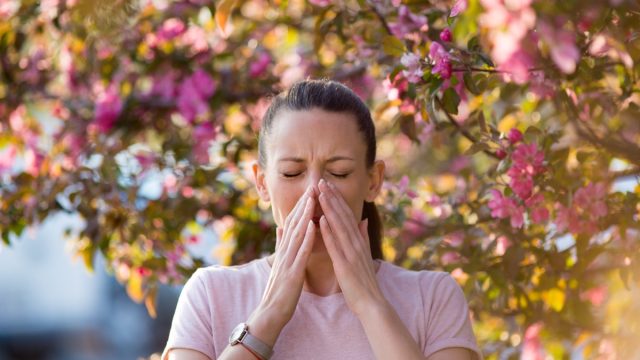
For those of us with seasonal allergies, spring can be a time of sneezing, wheezing, and general discontent. Luckily, a range of treatment options exist, both prescription and over-the-counter (OTC). But a few home remedies can work wonders for your symptoms, as well. In fact, experts say there are five key ways you can fight allergies at home, and they could make all the difference. Read on to learn which seasonal allergy interventions actually work.
READ THIS NEXT: 4 Meds That Are Raising Your Blood Pressure, Experts Say.
1
Get a home air filter or dehumidifier
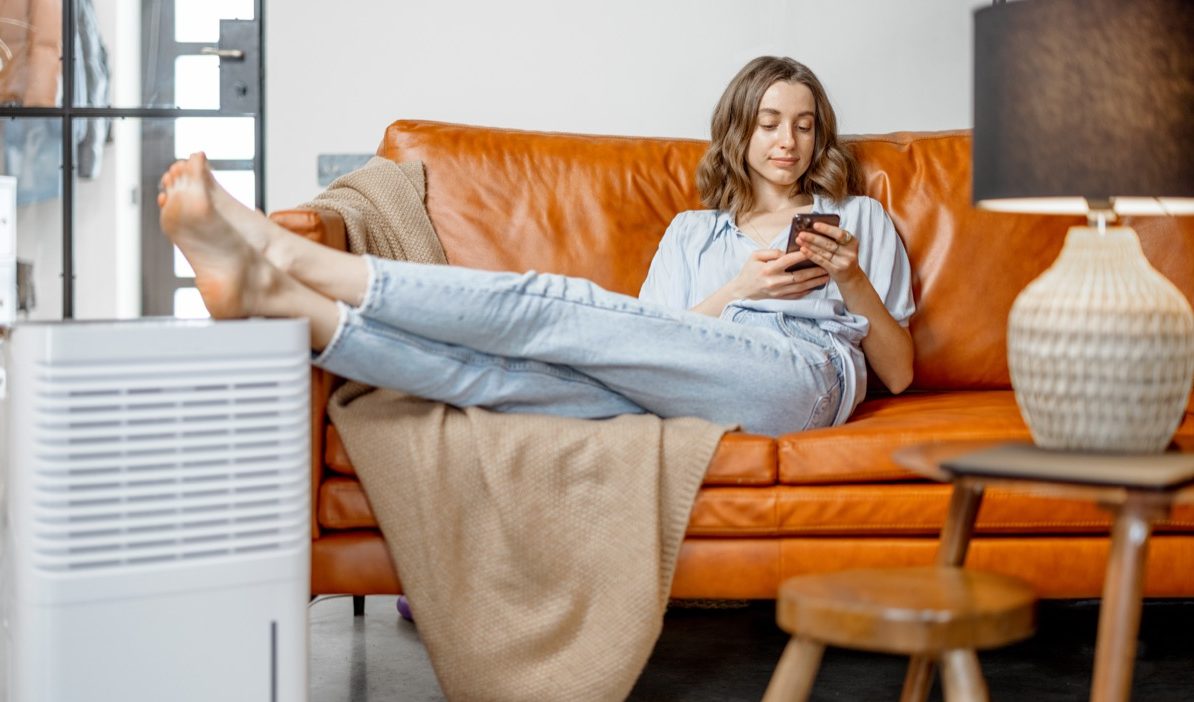
Home air filters can help improve symptoms of seasonal allergies by trapping dust, pollen, and pet dander. “The U.S. The Environmental Protection Agency describes indoor air pollution as one of the top five environmental health risks,” explains the American College of Allergy, Asthma, and Immunology. “For people with allergies, scientific studies have shown that air filtration reduces these airborne allergens and may provide some relief.”
Dehumidifiers can provide a similar service, by reducing the number of mold spores and other allergy triggers circulating in your home.
READ THIS NEXT: Bad Dreams Could Be an Early Warning Sign for These Major Health Problems, Studies Show.
2
Try a neti pot
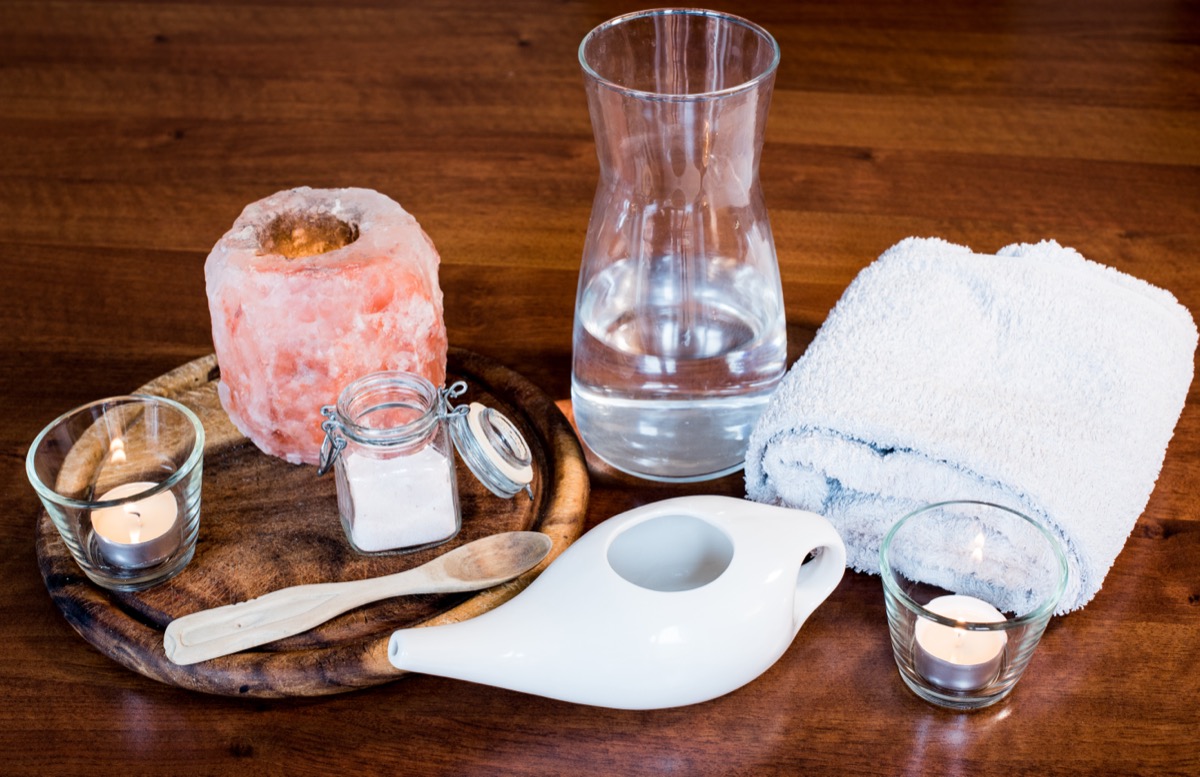
A neti pot is a nasal irrigation device that can help clear your sinuses. Using one as a home remedy against allergy season can leave you feeling less stuffed up and less prone to sneezing.
However, the Food and Drug Administration (FDA) warns that there are several ways using a neti pot could work against your health. Most importantly, you should always use distilled, sterile water rather than tap water. “Improper use of these neti pots and other nasal irrigation devices can increase your risk of infection,” the FDA writes.
3
Take a hot shower
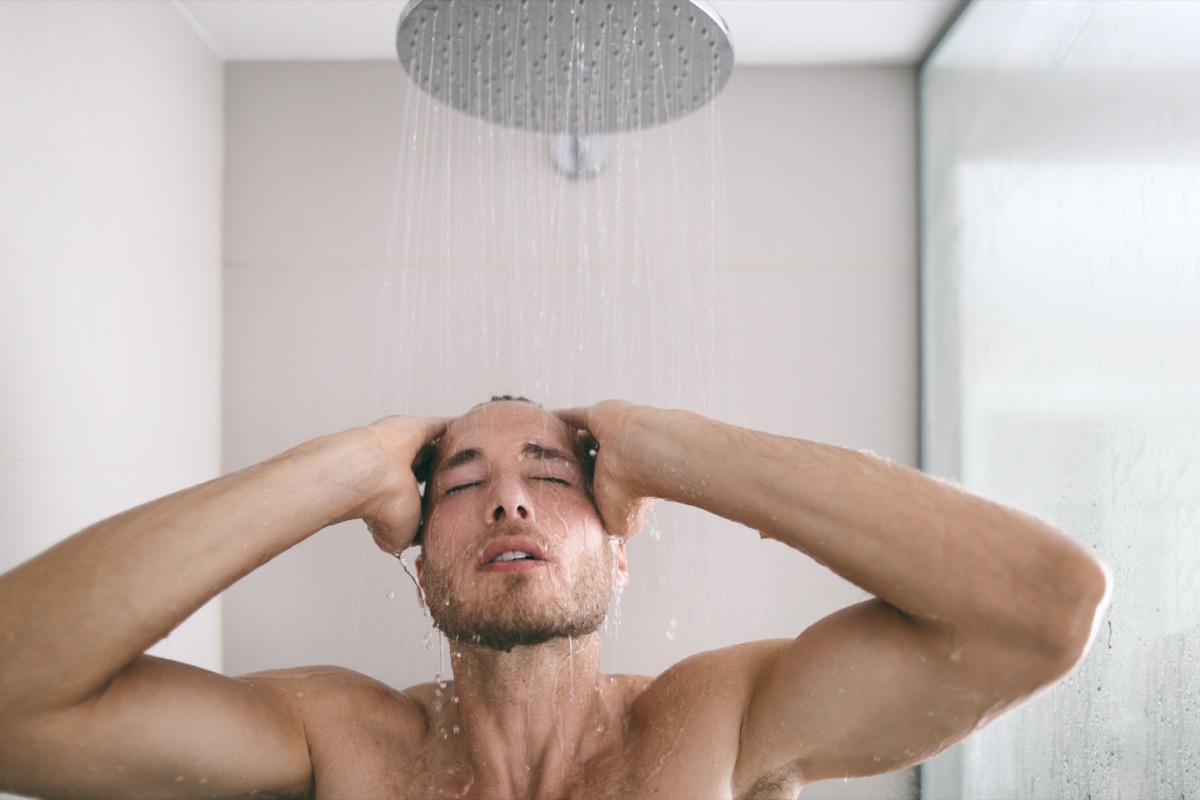
A hot shower has a two-pronged effect on allergies. First, it helps to remove pollen and other allergy triggers from your skin at the end of the day, making them less likely to end up in your bedding. Second, the hot steam from a shower is known to reduce congestion. “Steam inhalation is one of widely used home remedies to soothe and open the nasal passages,” confirms a 2021 study published in the Asian Pacific Journal of Allergy and Immunology.
For more health news sent directly to your inbox, sign up for our daily newsletter.
4
Do laundry more often
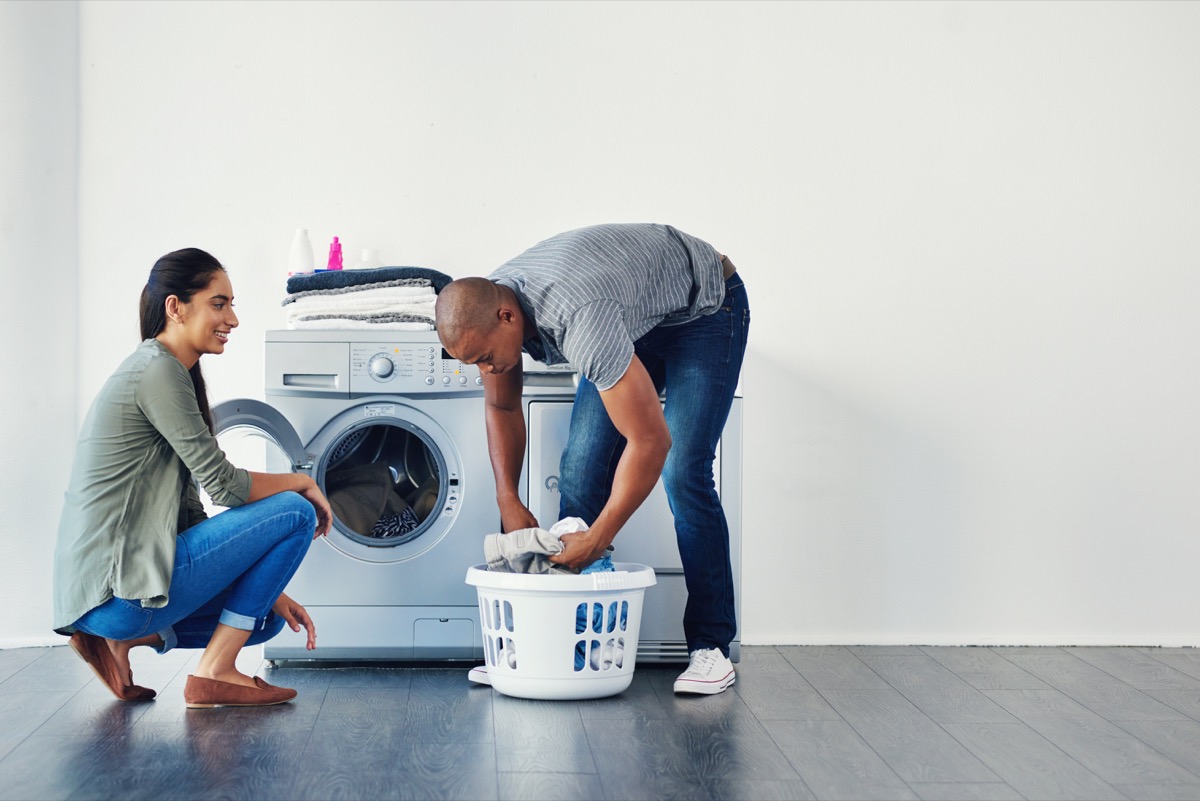
Pollen, ragweed, and other seasonal allergy triggers can get stuck in the fibers of your clothing, putting you in direct contact with them throughout the day. That’s why experts suggest washing your clothing and bedding more regularly during allergy season.
“Wash all sheets, blankets, pillowcases and bed covers in hot water that is at least 130 F (54.4 C) to kill dust mites and remove allergens,” recommends the Mayo Clinic. “If bedding can’t be washed hot, put the items in the dryer for at least 15 minutes at a temperature above 130 F (54.4 C) to kill the mites. Then wash and dry the bedding to remove allergens. Freezing non-washable items for 24 hours also can kill dust mites, but this won’t remove the allergens,” their experts write.
5
Try cold compresses
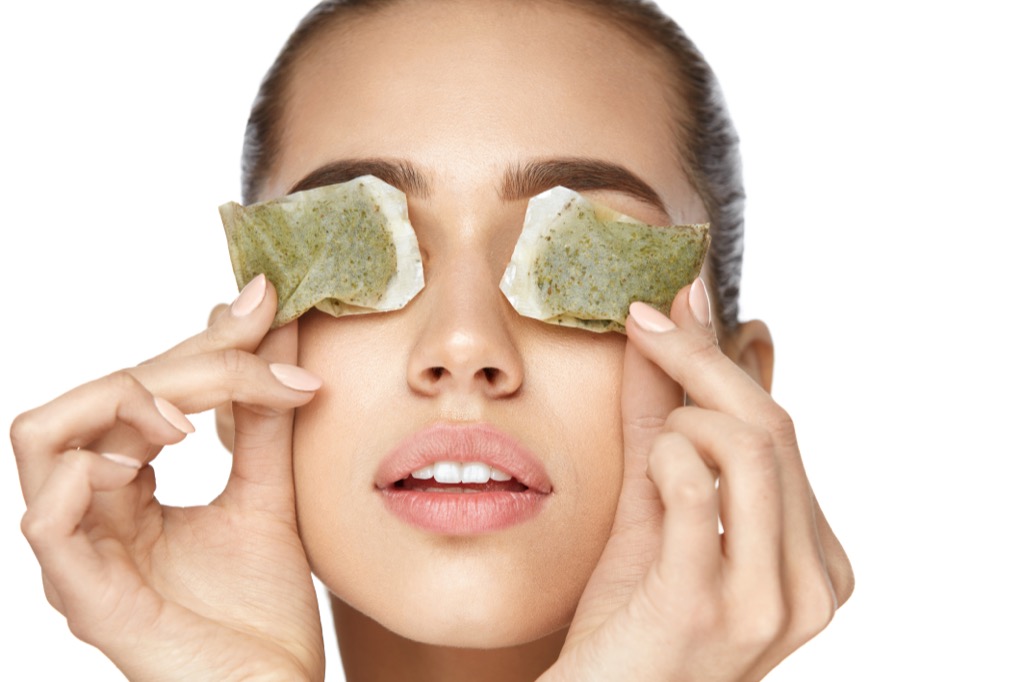
Cold compresses can also help relieve allergy symptoms which affect the eyes, says Saya Nagori, MD, a board certified ophthalmologist and glaucoma specialist and Chief Medical Officer at Eye Facts.
“Cold compresses around the eyes can be helpful with itching and swelling from almost any type of allergy. Soak a hand towel or face cloth in cold water before applying—or better still, refrigerate an eye sleep mask and use that!” she tells Best Life. “Lie down horizontally, with the compress on your eyes to let the coolness do its thing,” she recommends. Using tea bags as compresses can give you the added benefit of antioxidants, and can help reduce dryness in the eyes.
Best Life offers the most up-to-date information from top experts, new research, and health agencies, but our content is not meant to be a substitute for professional guidance. When it comes to the medication you’re taking or any other health questions you have, always consult your healthcare provider directly.
- Source: https://acaai.org/allergies/management-treatment/living-with-allergies/air-filters/
- Source: https://www.fda.gov/consumers/consumer-updates/rinsing-your-sinuses-neti-pots-safe
- Source: https://pubmed.ncbi.nlm.nih.gov/31175716/
- Source: https://www.mayoclinic.org/diseases-conditions/dust-mites/diagnosis-treatment/drc-20352178